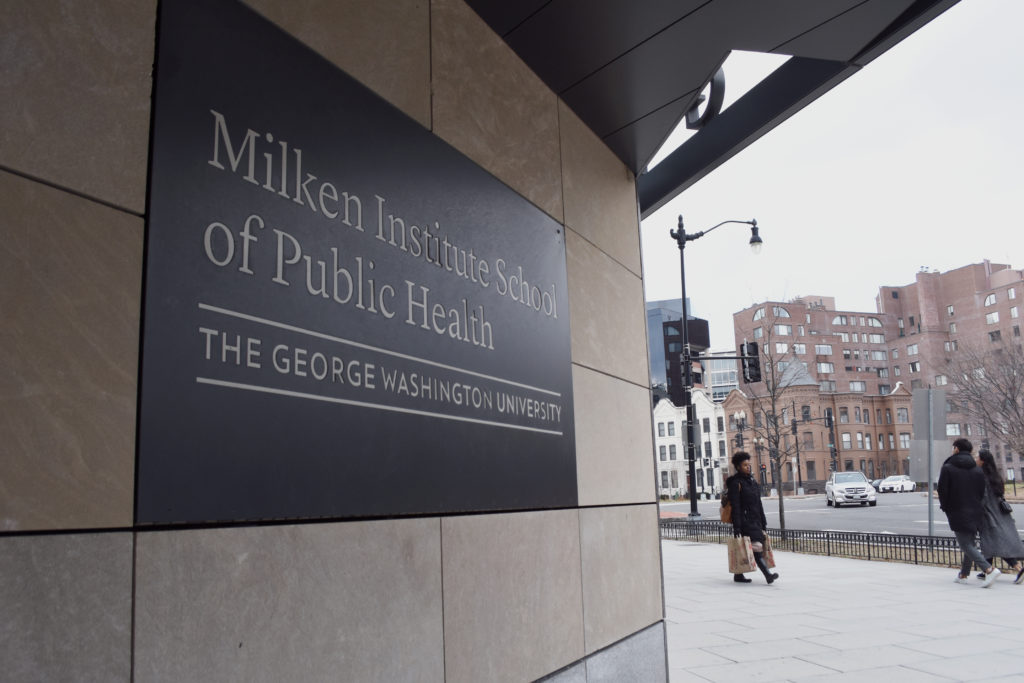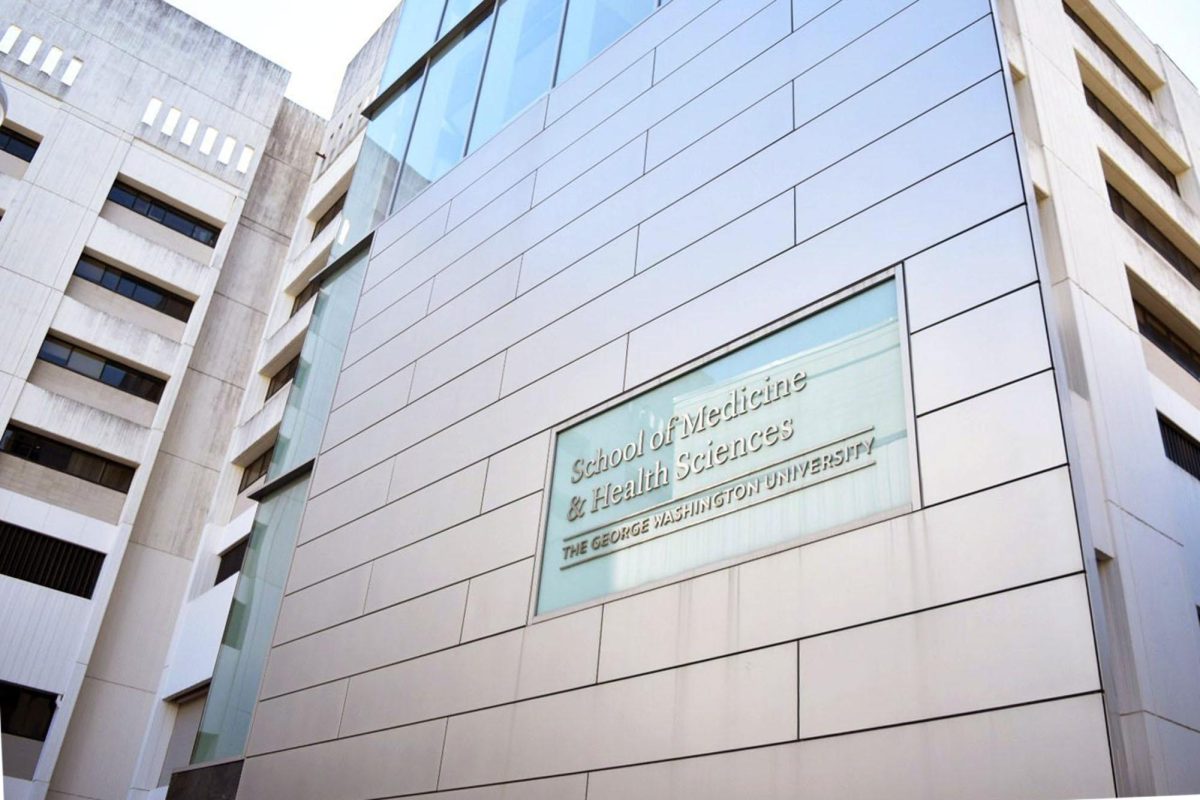The Biostatistics Center in the Milken Institute School of Public Health will conduct three research projects aimed at preventing the onset of COVID-19 and improving treatment for the disease, according to a public health school release Wednesday.
The projects include efforts to identify symptoms, find evidence of infection and search for protective antibodies in patients in state health care systems around the United States and to examine the effects of COVID-19 on pregnancy, according to the release. Scott Evans, the director of the Biostatistics Center, said in the release that the three projects will broaden public health scientists’ and health professionals’ understandings of the virus and guide the ongoing public health response to the pandemic.
“These important projects will help us understand the distribution and effects of COVID-19, particularly on underserved populations, ultimately improving public health,” Evans said.
The first project – jointly funded by the state of North Carolina and the Biostatistics Center – will study health care systems throughout the state to examine patients for symptoms, evidence of infection and antibodies to determine previous cases of the virus, even in individuals who had mild or no symptoms, the release states.
The Biostatistics Center will serve as the data coordinating hub for the second project – funded by the Centers for Disease Control and Prevention – which will expand the survey to multiple states like Maryland, Louisiana and Mississippi, according to the release.
“These studies will have a very high impact on public health because they target a representative sample of populations in the participating states,” said principal investigator and assistant research professor of biostatistics and bioinformatics Diane Uschner.
The third project, which is funded by the National Institutes of Health, will track pregnant women with COVID-19 infection and monitor their health in the weeks after giving birth to better understand how the virus affects pregnancy, the release states.
The project – coordinated by researchers in the Biostatistics Center and the Maternal-Fetal Medicine Units Network – will also examine more than 24,000 medical records to assess how pandemic-driven changes to the health care system may have resulted in higher rates of pregnancy complications and cesarean deliveries, according to the release.








